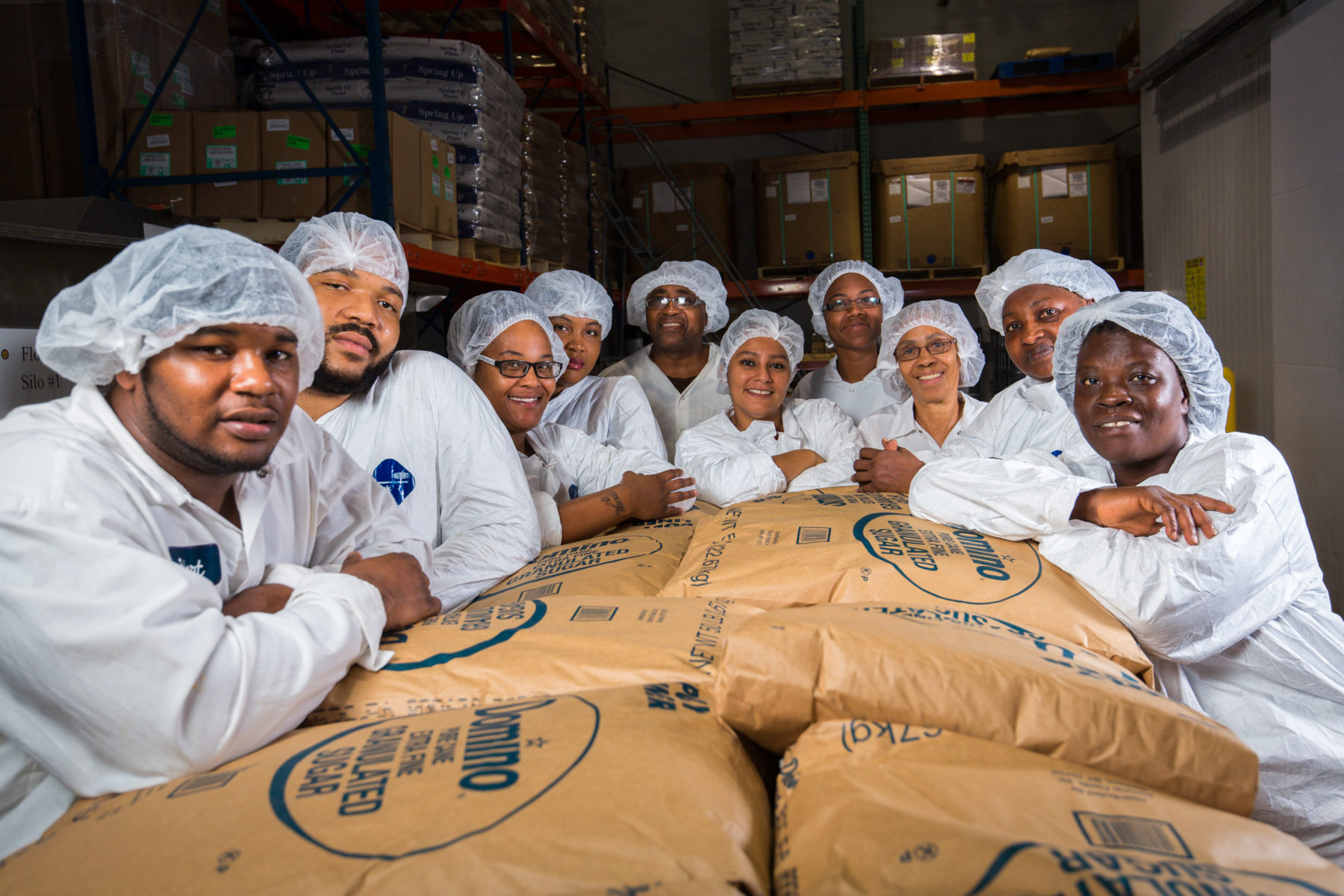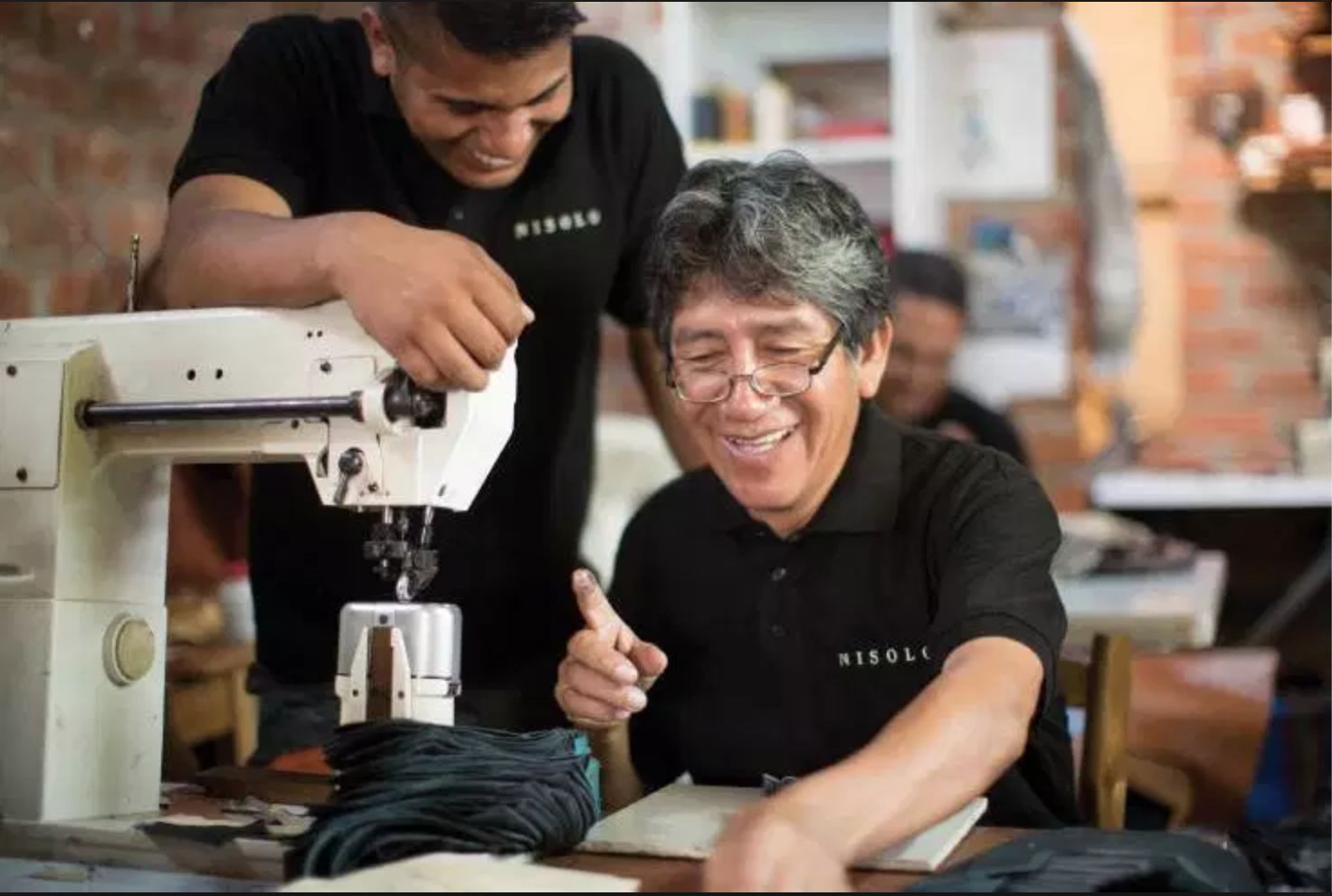The Ins & Outs of Social Enterprise
The concept of Social Enterprise first entered my consciousness as I read Let My People Go Surfing: The Education of a Reluctant Businessman by Yvon Chouinard, founder of Patagonia. What struck me most as I was reading was that Patagonia is so impactful as a social enterprise, not because of a specific mission to change the world, but because as an organization they are dedicated to the idea of corporate social responsibility.
"Before we are entitled to encourage other companies to act responsibly we have to do so ourselves. There's only one way to lead, and that's by being in front and leading by example. Our environmental assessment program educates us, and with education we have choices. When we act positively on solving problems instead of ignoring them or trying to find a way around them, we are further along the path toward sustainability. Every time we've elected to do the right thing, it's turned out to be more profitable."
- Yvon Chouinard
By electing to do the right thing, staying true to their brand promise, and looking for innovation that supports that promise, Patagonia has led the way in eco manufacturing practices including being the first sportswear company to make fleece from recycled plastic bottles in 1993 and utilizing only organic cotton by 1996. Their share of the market, and profit margins, have continued to grow despite making choices that value the environment and employee satisfaction above traditional business success.
A Patagonia outdoor advertisement
This idea of making small, positive choices as both a business and a consumer is at the core of social enterprise. When Goodwill Industries pioneered the notion of “a hand up, not a handout” in 1902 they began employing the poor to mend and repair used goods that could then be resold to the general public or provided for free back to the poor. Today, Goodwill provides training and employment for those who need it, affordable goods, and a way to keep usable products out of landfills. Goodwill's answer to its profit status is "As a unique hybrid called a social enterprise, we defy traditional distinctions. Instead of a single bottom line of profit, we hold ourselves accountable to a triple bottom line of people, planet, and performance."
So what exactly IS a social enterprise? The Social Enterprise Alliance recognizes them as a spectrum of nonprofit to for-profit entities with three general social enterprise models:
Opportunity Employment
These are organizations that employ people who have significant barriers to mainstream employment. Examples include Badala, Greyston Bakery & Nisolo.
Transformative Products or Services
Organizations in this category create social or environmental impact through innovative products and services. Examples include Benetech, TerraCycle & Bee’s Wrap
Bee’s Wrap - Sustainable Food Storage
Donate Back
These social enterprises contribute a portion of their profits to nonprofits that address basic unmet needs. Examples include Thrive Market, Thinx. & Toms with their well-known one for one business model.
Tom’s founder, Blake Mycoskie, bringing shoes to children in need.
Everywhere I look it seems easier than ever to find any product I need from a vendor that makes it from recycled or sustainable materials, uses specialized labor like differently abled or refugee workforces, or gives back a portion of they profits to global charity organizations. As a consumer, I like knowing my purchase has some degree of positive impact while I still get the goods that I need or want. Now, as a business owner, I am interested in organizations like B Lab, a non-profit that administers B-Corp Certification, a rigorous assessment of a company’s impact on its workers, customers, community, and environment.
At Medley, we are passionate about woking with social enterprises and bringing their good deeds to light. We are especially drawn to working with social enterprises because they are the perfect mix of the consumer goods and services I am used to working with and the mission of nonprofits where Patrick spent most of his career up to this point. Positioning a social venture in a way that resonates as authentic with consumers can be a game changer in terms of standing out from an increasingly crowded marketplace. Clarifying an organization’s “why” not only strengthens their relationship with consumers, it impacts their relationship with their employees–giving them a reason for coming to work everyday.
In our short time as a design studio we have already begun to form lasting relationships with like-minded vendors and brands, making it easier for us to live our brand promise everyday. Some of our partners include Scout Books, for our promotional notebooks, Flowers for Dreams, for event decor, Happy Apple Pie Shop, to cater our events, Everand, for office decor and gifts, and Trestle, a tech start-up from Portland working to make conscious consumerism a breeze. If your company is doing its part to make positive impact through your goods and services we would love to partner with you! Send us an email and let’s start brainstorming ways to work together.







